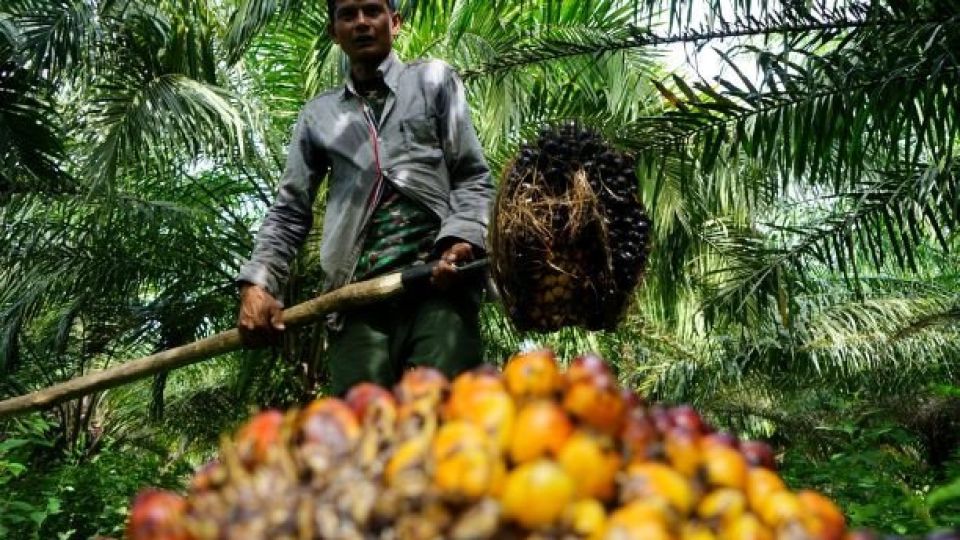JAKARTA (ANN/THE JAKARTA POST) – PGN, a subsidiary of the Indonesian state-owned oil and gas corporation, along with three Japanese companies, is looking produce biomethane derived from palm oil mill effluent (POME) in an effort to meet the growing demand for natural gas while simultaneously reducing the country’s methane emissions.
Under the consortium comprising PGN, JGC Holdings Corporation, Osaka Gas, and Inpex Corporation, the companies are currently engaged in a study to commercialise the product in Indonesia by 2025.
They plan to leverage PGN’s established natural gas distribution network for this purpose. The primary source of raw material for this venture will be oil palm plantations located in South Sumatra.

The project’s core objective is to capture methane emissions released into the atmosphere from POME, process it into high-quality biomethane, and distribute it to consumers through natural gas pipelines and existing infrastructure.
This approach not only addresses the rising natural gas demand but also contributes significantly to mitigating environmental concerns related to methane emissions.
Untreated POME releases methane, which is more than 25 times as potent as carbon dioxide at trapping heat in the atmosphere, according to the United States’ Environmental Protection Agency.
“The biomethane produced from this project is not only expected to meet industrial gas and consumer demand but also to serve as proof that Pertamina Group and its partners, in this case, JGC, Inpex and Osaka Gas, are committed to encouraging renewable energy development,” Harry Budi Sidharta, PGN director of strategy and business development, said in a statement on Monday.
The biomethane produced from the project is expected to expand Pertamina’s natural gas business.
Furthermore, the biofuel-led decarbonisation effort by the consortium is expected to scale up the biomethane operations to supply bio-liquefied natural gas (LNG) from biomethane as bunker fuel. This in turn will also be considered for export to Japan and other markets.
The project was first introduced at the Asia Zero Emission Community (AZEC) Ministerial Meeting in March 2023 as an initiative contributing to carbon neutrality in Asia.
The processes of palm oil extraction and purification generates a large amount of wastewater known as POME. For every tonne of crude palm oil produced, 2.5 to three cubic metres of POME is produced, according to S&P Global Commodity Insights.
The world’s largest palm oil exporter, Indonesia produced 46.72 million tonnes of crude palm oil in 2022, Indonesian Palm Oil Association (Gapki) data show.
The country used about 8.84 million tonnes of the figure to produce biodiesel for use in road fuels domestically, the association said in its annual report published earlier this year.
The use of palm oil for making biodiesel is expected to rise in 2023 after the government raised the national ratio of biodiesel to gasoil mix to 35 per cent from 30 per cent in February.
Indonesia has an emissions-reduction target of 377 million tonnes of carbon dioxide by 2035.





